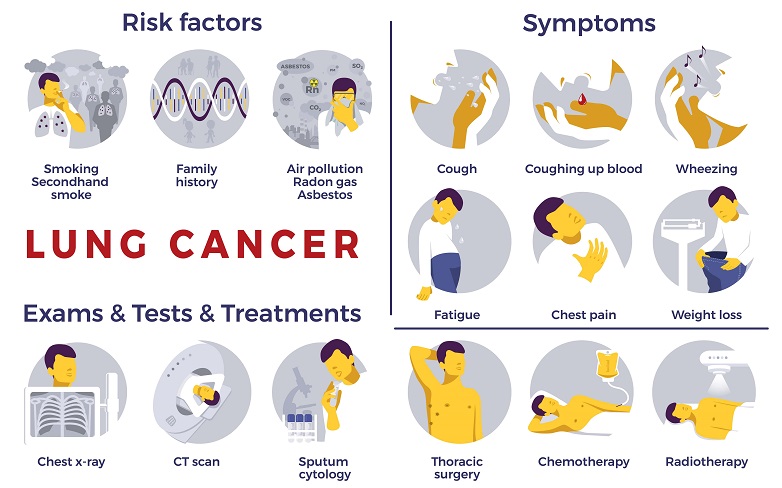
Are you considering enrolling for Medicare? Then you might be asking about the Costs & Benefits of Medicare PACE. This article will show you how to enroll and how to calculate your copays. There are many questions you need to ask before you decide to enroll in Medicare PACE. Medicare PACE is a wonderful program with many benefits. But the rules can make it confusing.
Prices
The NHC's definitions of PACE are slightly different from those for other Medicare payment programs. It also lacks homogeneity. For example, a PACE program with a monthly capitation amount of $3,000 per enrollee is likely to have costs ranging from $100 to $3,000 per month. In addition, the enrollment process at different PACE sites can result in dramatically different costs. The payment system should reflect site-to-site variations in enrollee characteristics.

Benefits
Although PACE benefits are similar in nature to Medicaid, it is voluntary and allows people to choose their own health care provider. The program covers many medical services that Medicare covers as well as those that Medicare does not. The monthly payments that PACE providers receive from Medicare and Medicaid are shared with enrollees. They also pay a premium equaling Medicaid capitation. PACE does no cover coinsurance or deductibles.
Enrollment
Because of the low response rate, the survey data are not generalizable. Only 68 percent of respondents completed the PACE survey compared to 61 percent of non-respondents. However, all sites had higher enrollments than the national average. Some of these differences may be due to specific demographic or health characteristics. These factors could be reflected in PACE program design, which could be affected by provider attachment or home ownership.
Co-pays
Many Medicare beneficiaries are unaware that they may have to pay co-pays and/or deductibles. PACE, which stands "patient-centered alternativ to nursing homecare", was developed in San Francisco in 1972. CMS later approved the model, making it a permanent Medicare Advantage option. PACE provides members with coordinated care from a team health care providers that specializes in older adults managing their diseases and disabilities. PACE enrollees can choose to continue seeing their physician, or to use other health insurance programs.

Expansion
All Medicare beneficiaries will benefit from the expansion and maintenance of PACE. The program has saved more than 2 million seniors from losing their health care coverage since its creation. PACE is a great program, but there are still barriers that prevent seniors from participating. The waiting list for potential participants is long. A new application is needed to expand PACE. This application can be submitted to the CMS or the SAA. Both will review it and make the PACE program even more effective.
FAQ
Who owns the healthcare network?
It depends on how you look at it. The public hospitals could be run by the government. Private companies may run private hospitals. Or a combination.
What is a public health health system?
Health System refers to all the activities involved in providing medical services for a population. It includes all aspects of service delivery, finance, regulation and education.
What does "health promotion" mean?
Health promotion refers to helping people stay healthy and live longer. It is more about preventing illness than treating it.
It includes activities such as:
-
Eating right
-
getting enough sleep
-
exercising regularly
-
staying active and fit
-
Do not smoke
-
managing stress
-
Keeping up with vaccinations
-
Alcohol abuse prevention
-
having regular checkups and screenings
-
Understanding how to cope with chronic diseases.
What are the different health care services?
A health-care service is a medical establishment that provides healthcare services to patients. A hospital is an example of a healthcare facility. It typically contains many departments such the emergency room, intensive care unit and operating room.
What is the difference between health system and health services?
Health systems can be more than just providing healthcare services. They encompass everything that happens in the overall context of people’s lives, such as education, employment, housing, and social security.
Healthcare services, on the other hand, focus on delivering medical treatment for specific conditions such as cancer, diabetes, mental illness, etc.
They could also refer to generalist primary care services provided by community-based physicians working under the supervision of an NHS trust.
What is the importance and purpose of the health system?
The economy of any country is dependent on its health system. It allows people to live longer and healthier lives. It also creates employment for nurses, doctors, as well as other medical professionals.
All income levels are eligible for quality healthcare services through the Health Care Systems.
Understanding how the healthcare system works is crucial if you want to pursue a career in medicine, nursing, or any other medical profession.
Statistics
- Healthcare Occupations PRINTER-FRIENDLY Employment in healthcare occupations is projected to grow 16 percent from 2020 to 2030, much faster than the average for all occupations, adding about 2.6 million new jobs. (bls.gov)
- Price Increases, Aging Push Sector To 20 Percent Of Economy". (en.wikipedia.org)
- The healthcare sector is one of the largest and most complex in the U.S. economy, accounting for 18% of gross domestic product (GDP) in 2020.1 (investopedia.com)
- For instance, Chinese hospital charges tend toward 50% for drugs, another major percentage for equipment, and a small percentage for healthcare professional fees. (en.wikipedia.org)
- Foreign investment in hospitals—up to 70% ownership- has been encouraged as an incentive for privatization. (en.wikipedia.org)
External Links
How To
How do I find home care services
Home care facilities assist people who require help at home. Home care facilities can be used by elderly or disabled individuals who are unable to get around on their own, as well those suffering from chronic diseases like Alzheimer's. These services include personal hygiene and meal preparation, laundry, cleaning as well as medication reminders and transportation. These facilities often collaborate closely with social workers, rehabilitation specialists, and medical professionals.
Recommendations from family, friends, and local businesses or reviews online are the best ways to find a home-care service provider. Once you identify one or two providers, you can ask them about their qualifications and experience. Look for providers that offer flexible hours to accommodate your needs. You can also ask if they offer 24-hour emergency service.
You might also consider asking your doctor or nurse for referrals. If you don’t know where to begin, search online for “home health care” or “nursing home”. Websites like Yelp or Angie's List, HealthGrades and Nursing Home Compare are some examples.
For additional information, contact your local Area Agency on Aging/Visiting Nurse Service Association (VNA). These organizations will keep a list of local agencies who specialize in home care.
It is crucial to find a quality home care agency, as many charge very high fees for patients. In fact, some agencies charge up to 100% of a patient's income! Avoid this problem by selecting an agency that has been highly reviewed by the Better Business Bureau. Get references from past clients.
Some states require home care agencies registered with the State Department of Social Services. You can check with your local government to find out which agency registration requirements apply.
Consider these factors when looking for a homecare agency.
-
Be cautious of companies that require you to pay upfront in order to receive services.
-
You should look for a well-established and reputable business.
-
If you are paying out of your own pocket, get proof of insurance.
-
You should ensure that the state licenses any agency you hire.
-
Request a written contract outlining all costs associated with hiring the agency.
-
Confirm that after discharge, the agency will provide follow-up visits.
-
Ask for a list or certifications.
-
Don't sign anything until you have read it.
-
You should carefully read any fine print.
-
You should verify that the agency you are dealing with is insured and bonded.
-
Ask how long the agency has been operating.
-
Verify that your agency is licensed by the State Department of Social Welfare.
-
Find out if complaints have been filed against the agency.
-
For information on home care agencies, contact your local government department.
-
Make sure that you are able to get answers from the staff member who answers the phone about home care.
-
Contact your attorney or accountant to ensure you understand the tax implications of using home care.
-
Always obtain at least three quotes for every agency providing home care services.
-
Do not accept a lower bid than the best, but at least $30 per hour.
-
It is possible that you will need to visit more than one agency for home care each day.
-
It is important to carefully read contracts before you sign them.